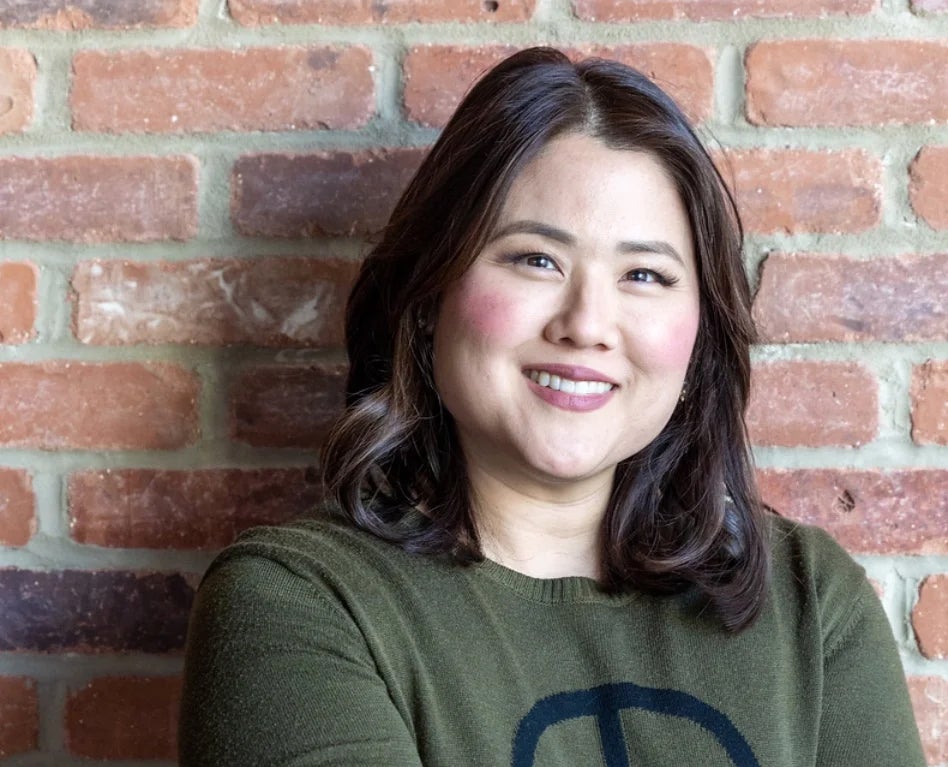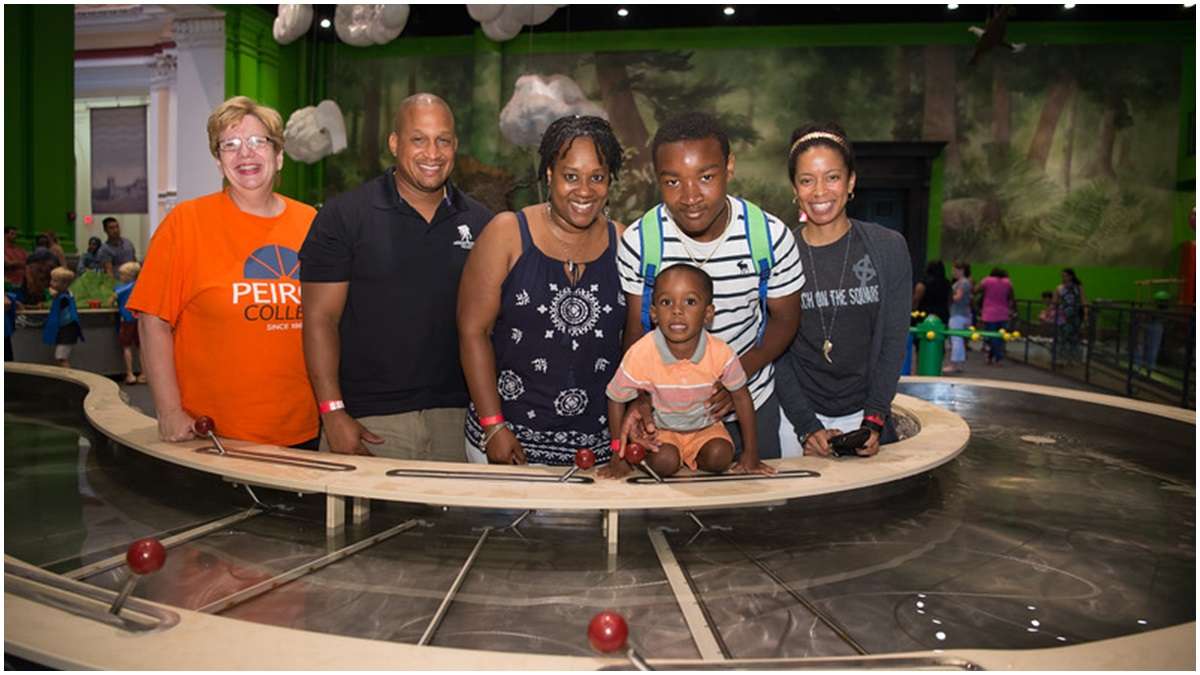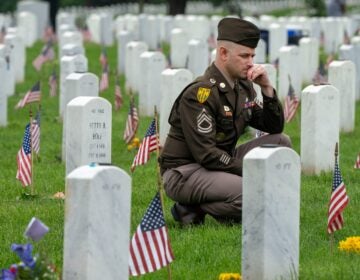Veterans Coming Home: Camaraderie [photos]
A look at how some Philadelphia-area 9/11 veterans readjusted to life back home after serving in the U.S. military.
On July, 9, 2016, WHYY and NewsWorks invited Philadelphia-area veterans and their families to a day of fun at the Please Touch Museum. Seven veterans took us up on our offer and spoke frankly with me about their service, what life was like when they came back from deployment and the challenges they faced after putting away their uniforms for good.
I conducted back-to-back interviews with each of the veterans and a couple spouses over the course of six hours. In that time, certain themes emerged; threads connecting the veterans across military branches, race and gender.
Camaraderie
Jason Hassinger of Hatfield, PA served in the U.S. Marine Corps for four years and 10 months. A stout man with a shaved head, Hassinger looks like what you’d expect a Marine would look like. He also has lots of tattoos, everywhere. On his inner and outer left calf, are the names of all of the Marines from his unit, who were killed in action.
Hassinger deployed three times; once to Iraq and twice to Afghanistan between the years of 2007 and 2011. He saw and experienced a lot in those years, but there’s one moment that stands out.
“My pop seeing me off at the airport and just telling me that if anything happened, just dig a hole and hide,” said Hassinger, fighting back tears. This was just before he deployed for the first time to Ramadi, Iraq.
Hassinger was infantry. That means he was patrolling on the ground, kicking in doors and engaging in firefights. He said after a while, he grew numb to all of it and you, “just do what you got to do for the left and the right, and that’s that,” he said, referring to the guys in his unit on either side of him.
He extended his 4-year contract with the Marines so he could deploy that last time to Helmand Province.
The battle-tested infantryman and leader felt compelled to shepherd, by his account, an inexperienced battalion made up mostly of guys who had just joined the Marines.
“So they would’ve been pretty much going over to be slaughtered, basically is what would’ve happened,” Hassinger said.
It was during this deployment when Hassinger was hurt. According to the official record, a sniper shot him in the chest four times, but Hassinger clarified it was actually five times.
“I was the first one that he got and then he just went from there and took out about eight more guys after me.”
The Marine corporal’s actions and bravery during the ambush, in spite of his own injuries, earned him a Silver Star, the nation’s third highest award for combat valor.
And in spite of his injury, in spite of the danger, Hassinger said he would be go back in a heartbeat for his brothers-in-arms.
“You just do it for each other,” he said. “It has nothing to do with fighting for your country. It’s not the right word for putting it. It’s the guys that you’re with, you know they’re going, you know the duty that you’re going to be called upon to do, so you go to help each other out, cover each other’s sixes.”
Thomas Dwyer joined the Marine Corps Reserve when he was 18.
“I’ve always wanted to be a Marine, my dad was in the Marines and then after Sept. 11, I really wanted to sign up,” Dwyer said.
The diesel mechanic’s unit was training to deploy to Iraq, but Dwyer was left behind because he hurt his knee during a training exercise.
“I wanted to go, I was kind of upset that I couldn’t go because I did all that training, and all them years in preparing to go to war, and all my friends were going and I had to stay back here. I kinda felt like I was letting them down a little bit,” said Dwyer, who left the Reserves in 2004.
“That one weekend a month, I used to look forward to it,” Dwyer said. “I just enjoyed the whole lifestyle, the brotherhood that you have.”
Brotherhood, camaraderie, family – these were words military members used time and again to describe what they missed about their service.
When I asked former Marine and Pennsylvania Army National Guardsman Jonathan Anthony Turner to explain how one can forge such a close bond with someone you just met, this burly soldier softened as he choked back tears.
“If you were going through a battle in your life, and they would be there to pick you up and go through it with you,” was the best way he could describe it.
Looking at Jason Hassinger and Jonathan Anthony Turner, they are not men who you would think could be moved to tears. But they broke immediately when I brought up this aspect of camaraderie experienced in the military. It was like the mere mention of brotherhood unlocked all of the memories they had since sequestered.
Next week, I explore how these veterans navigated their way in the civilian world, after leaving their structured lives in the military.
WHYY is your source for fact-based, in-depth journalism and information. As a nonprofit organization, we rely on financial support from readers like you. Please give today.















